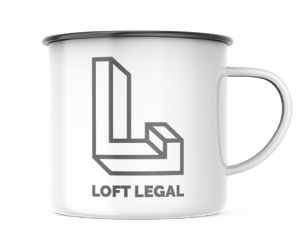From a trade mark registration perspective, it is important to choose a brand that is "distinctive". This means choosing a brand that is not descriptive of your goods or services and that is otherwise distinctive in its own right.
For example, brands like "LEGAL SERVICES NZ" and "ELITE GARDENING" are generally not registrable as trade marks because they are descriptive of the services provided. Other traders are likely to want to use the same or similar phrases to describe their own services and the Trade Marks Office will not grant you exclusive rights to use those phrases for this reason.
Other examples of wording that is not registrable as a trade mark include "NUMBER ONE", "OJ" for orange juice, "BYO" for restaurant services, and "e-COMMERCE" for business services. Again, other traders are likely to want to use the same or similar phrases to describe their own goods or services and this is a ground for rejection.
Examples of distinctive brands
It is best to choose a brand that does not directly describe your goods or services and that is easily recognisable by consumers and distinguishable from other providers. Examples of brands that are considered sufficiently distinctive are Nike (apparently the name originates from the Greek goddess of victory and otherwise Nike was not and is not descriptive of clothing or footwear), Apple (apparently the name is inspired from one of Steve Jobs' frutarian diets and otherwise APPLE was not and is not descriptive of computer related goods and services), and Google (apparently the name originates from a misspelling of "Googol" (number one followed by one hundred zeros, which was apparently chosen to signify that the search engine was intended to provide large quantities of information) and otherwise Google was not and is not descriptive of search engine related services.)
Companies like NIKE, APPLE and GOOGLE all had to educate consumers about their brands to create a reputation and a connection in consumers' minds with the goods and services they provide. That is the challenge. However, once a brand's reputation is gained, it is a lot easier to protect and enforce that reputation than it is with a descriptive brand. There will always be a level of confusion expected if you adopt a brand that is descriptive and similar to another, descriptive brand (for example, SUPER CARWASHING SERVICES and SUPERIOR CARWASHING SERVICES). Consumers are likely to confuse the two brands. However, adopting and registering a more distinctive brand can help to avoid confusion of this kind and is easier to enforce against other traders looking to leverage off your reputation.
We provide advice on the registrability of trade marks, as well as assisting with brand clearance searches and trade mark applications. See our services and fees for more information and otherwise contact us to see how we can assist you.

